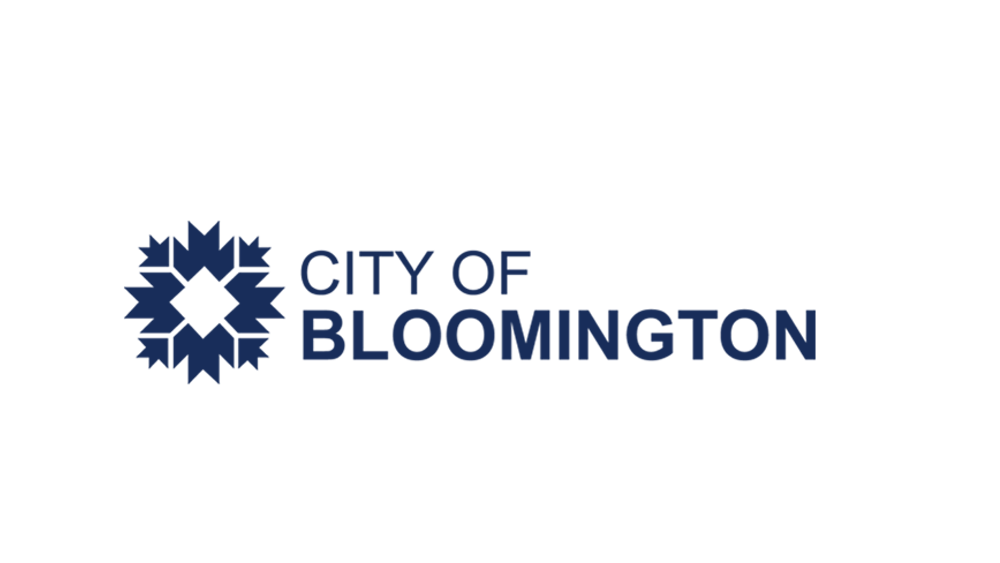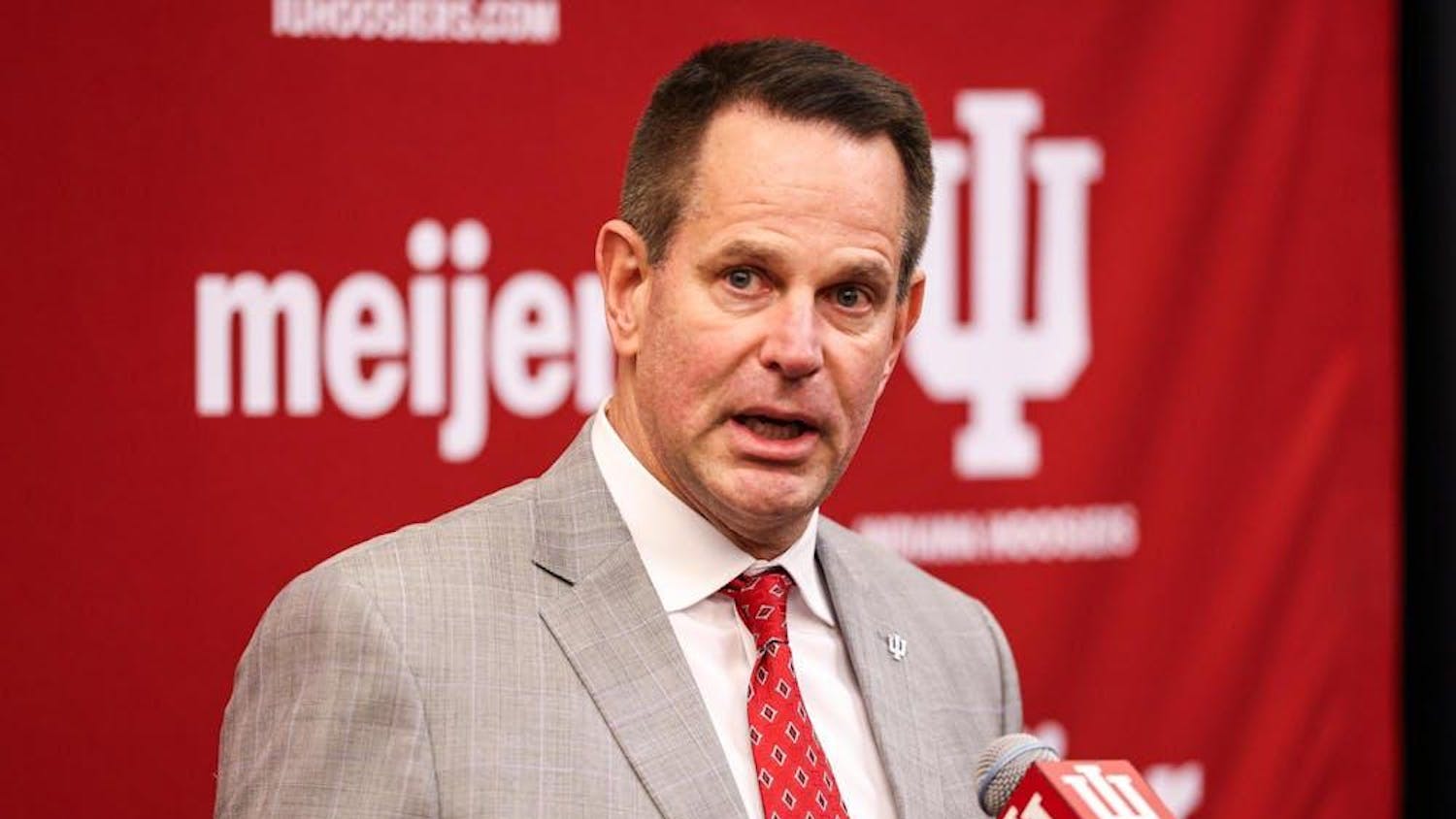Governor Frank O'Bannon knew his proposal to safeguard education would be a tough sell. In his annual State of the State speech earlier this month, he called on lawmakers to raise cigarette and gambling taxes to insure the state economy through investment in education. \nThese increases are necessary, O'Bannon said, to stave off the $3 billion the state will lose by 2003 and the drastic cuts in spending that would follow. \n"If we do not act now," he said, "the future of all of our children is in jeopardy."\nRaising taxes is always unpopular with the people of Indiana, O'Bannon's press secretary Mary Dieter said.\nIn order to secure continued funding for education during the economic recession, she said, the governor is willing to fight that uphill battle. \n"The governor has always made education his top priority," she said. "No one wants to raise taxes, but there are times when one has to be responsible and this is that time. Without balancing the budget, he will have to make much deeper cuts that will include public schools and universities."\nBut state Republicans have shown considerable resistance to the governor's tax plan. House Republican Leader Brian Bosma (R)-Indianapolis has said a tax increase would be detrimental to the economy and would only add to the taxpayer's burden. \nRepublicans have made their own revisions to the governor's plan. It calls for a complete reassessment of the state's taxes in a revenue-neutral way, meaning that overall, there will be no new taxes. \n"In tough economic times, the government must do what all Hoosier families do -- we must tighten our belts and restrain spending," Bosma said. "These revisions protect Hoosiers from excessive tax increases."\nIU is watching this session of the General Assembly very closely. How lawmakers decide to bail out the state will determine whether IU must raise tuition again or make deeper administrative cuts.\n"We need a bipartisan approach to the problem," President Myles Brand said. "Governor O'Bannon and Lieutenant Governor Joe Kernan have put on the table the plans necessary to start the discussion, but we need both parties to come together."\nDespite the recession and financial travails of the state, Brand said acting now is vital to IU and to the state of Indiana. \n"We're moving into a new era in which well-educated people will drive the economy and quality of life that we all enjoy, and Governor O'Bannon understands that well," Brand said. "If we wait a year or two, the budget deficit will have increased and the difficulty of the problem will have increased."\nChancellor Sharon Brehm is new to Indiana, but not to the idea of strong higher education. A well- funded educational system can only mean good things for the well-being of the state, she said. \n"It is very difficult to respond to severe budget challenges, but we must always keep in mind that if we fail to protect the strength and capability of our educational institutions now, we put our future economic prosperity at risk," Brehm said. "In my view, that is a risk we cannot afford to take."\nIn his State of the State speech, O'Bannon lauded the progress IU has made in the School of Informatics. The economy of the state is becoming more technology-driven, he said, and the School of Informatics is preparing students for that change. \nDean of Informatics Michael Dunn said he hopes both Republicans and Democrats will come together to find a solution to the budget deficit that includes education spending.\n"The future of any region depends on information technology these days," he said. "I think everyone who depends on state funds is nervous about the funding problems the state is having. In the past, we've had good bipartisan support from those people who see higher education as one of the drivers of economic growth"
Tax increases to help education
O'Bannon prepared to fight 'uphill battle' to pass new budget
Get stories like this in your inbox
Subscribe





